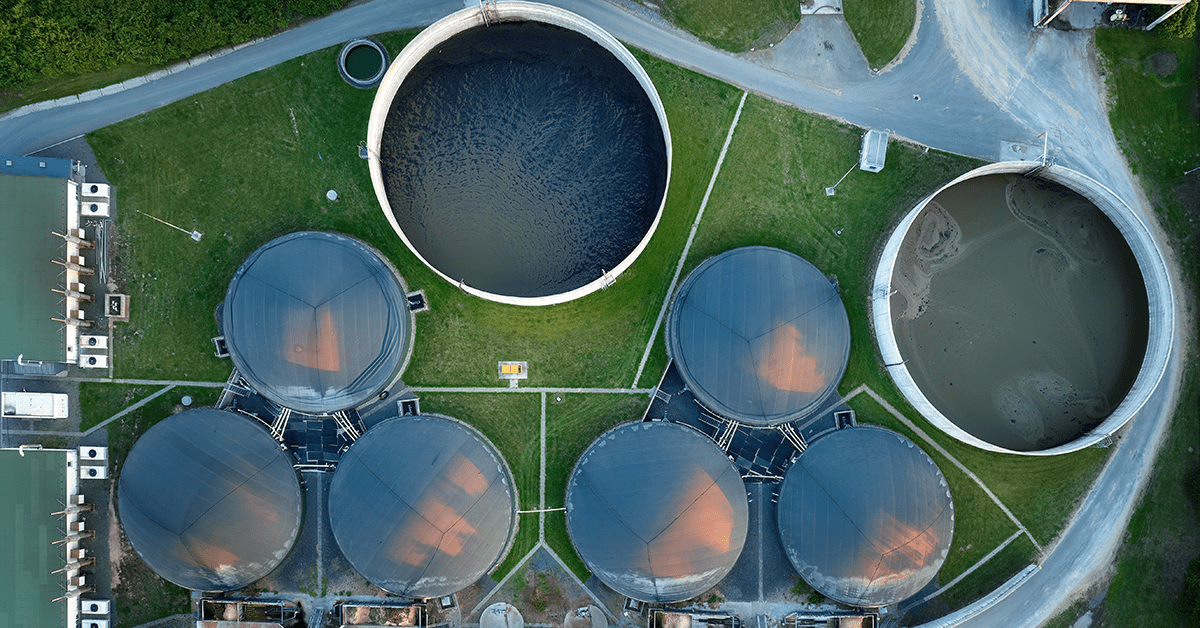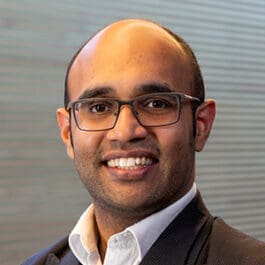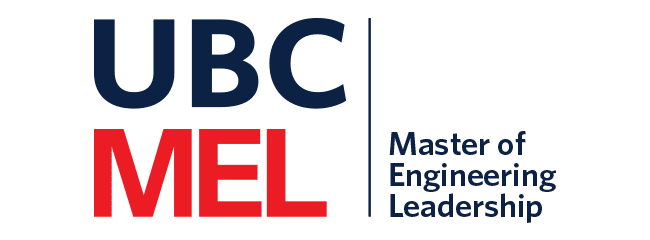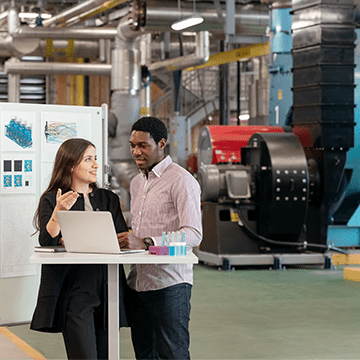Engineers as Changemakers: Exploring Carbon Capture Technologies

By Naoko Ellis, Professor of Chemical and Biological Engineering, Associate Director at the Clean Energy Research Centre, Faculty Associate of the Institute for Resources, Environment and Sustainability, and instructor in the Master of Engineering Leadership (MEL) in Sustainable Process Engineering.
Understanding Carbon Capture Technologies
The use of carbon capture, conversion and sequestration (CCUS) technologies is widely seen as an important strategy for addressing the challenge of carbon emissions and working to reach net-zero targets.
This is an area of active growth and development, with some technologies already proven and in use, and others still very much at the development stage.
Each year, I teach a course that helps students grow their understanding of the potential of CCUS technologies. I invite three or four companies working at the forefront of this space to bring in a technology for students to evaluate through a case study approach.
Case Study Approach to Evaluating CCUS Technologies
Students work in teams to assess the CCUS technology, meeting with representatives of the case study sponsor several times over the semester. They conduct a thorough technical analysis to evaluate and assess technologies in terms of their process and carbon balance. This analysis requires them to apply their learning from other courses or from their own industry experience.
In parallel with developing their capacity to understand the boundary conditions around a specific technology, students also deepen their awareness of the importance of economic constraints and policy and regulatory frameworks. They quickly learn that a technology’s value and impact are very much dependent on specific applications and can vary by jurisdiction.
There are many areas where CCUS offers an important opportunity to reduce emissions. Steel and cement manufacturing, for example, have an enormous carbon intensity but are absolutely essential to our lives.
As a society, we need to grapple with the complexity of the energy transition in which we find ourselves. This will require technology solutions, like CCUS. Replacing carbon-based fuel sources with renewable energy sources will take time. Given that time is of the essence as we aim for ambitious net-zero targets, CCUS can and must play an important role in this transition period.
CCUS is not the silver bullet that will solve all our problems, and there are many other approaches we can apply to support decarbonization efforts. Yet the approach to technology assessment students learn in this course – including technoeconomic and streamlined life-cycle analyses – can just as easily be thoughtfully applied to other sustainable technologies.
Empowering Carbon Change Agents
Mitigating the impacts of the climate emergency is complex, urgent work. It will require a range of strategies and tools, from technical solutions to new regulatory frameworks.
Getting from where we are now to where we need to be requires changemakers: people with the technical knowledge and leadership skills to identify viable opportunities, scale them up and encourage their widespread adoption.
Indeed, this is one of the primary benefits of a program like the MEL in Sustainable Process Engineering, which trains students to become change agents in a very complex world – enabling them to look at issues from a systems perspective and bring together diverse stakeholders to identify and implement workable solutions.
Join us for an
Info Session
Sign up for our latest online information sessions and discover what our programs have to offer.
Sign Up NowAssess your Eligibility
Determine if your professional experience and academic background make you a fit for your desired program.
Start AssessmentFeatured Faculty and Staff

DR. VIKRAM YADAV
Sustainable Process Engineering
Translate innovations in green chemistry and sustainable manufacturing into entrepreneurial ventures.
Read More
